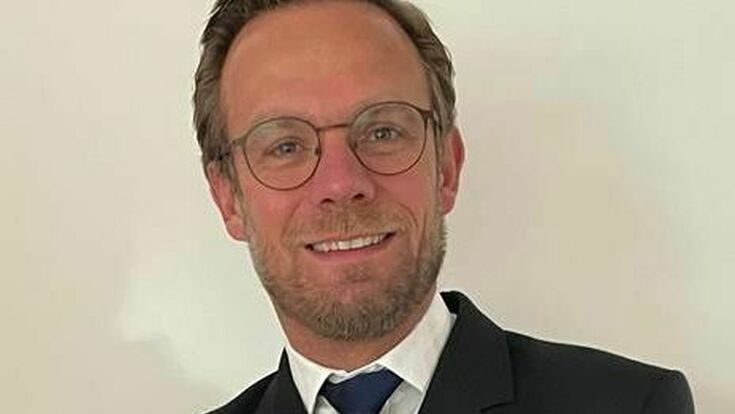Interview Waste-to-energy and EU ETS : Benoit Englebert: “No industry within the waste management sector should be treated differently since all cause emissions.”

Under the current EU legislation, waste-to-energy (WtE) falls under the scope of the Effort Sharing Regulation (ESR). It covers all sectors that are not included in the EU ETS including transport, buildings, and agriculture, non-ETS industries and waste. These sectors are required to reduce their emissions by 30% reduction by 2030. As part of the European Green Deal, the European Commission also wants to change some aspects of the EU ETS, such as including WtE in the trade system. Last June, the European Parliament approved to include municipal incinerators in the scope of the EU ETS as of 2026. The European Council is calling for a prior conditional impact assessment.
If the EU ETS is applied to the WtE sector, treatment costs would rise, which could increase the risk of unrecyclable waste being diverted to cheaper treatment alternatives such as landfills.Benoit Englebert, Keppel Seghers Belgium
Benoit Englebert, Manager, Business Development at Keppel Seghers Belgium, explains why a sectorial approach is needed. “All parts of the waste management sector should be included according to the EU waste hierarchy. If the EU ETS is applied to the WtE sector, treatment costs would rise, which could increase the risk of unrecyclable waste being diverted to cheaper treatment alternatives such as landfills. Landfills pose many consequences to the environment, including air pollution, water contamination, and high methane emissions from organic waste decomposition, therefore applying a carbon pricing system to all sources of greenhouse gas emissions would level out waste treatment costs, and lower the chances of unrecyclable waste being diverted to landfills.”
“Additionally, a higher cost of treatment in WtE could potentially increase the export of unrecyclable waste to countries with lower environmental standards”, Englebert added. “Keppel Seghers is exploring the combination of Carbon Capture and Storage (CCUS) with our WtE solutions, which will help the industry reduce its emissions effectively with the potential of becoming carbon negative. A trading system of those negative emissions could stimulate investments in CCUS projects while helping to offset other carbon emissions.”

